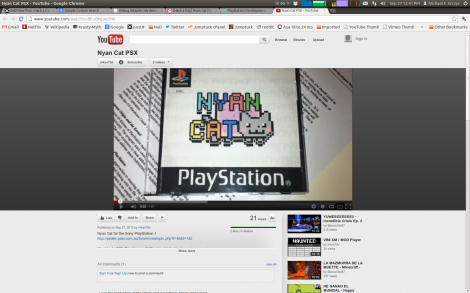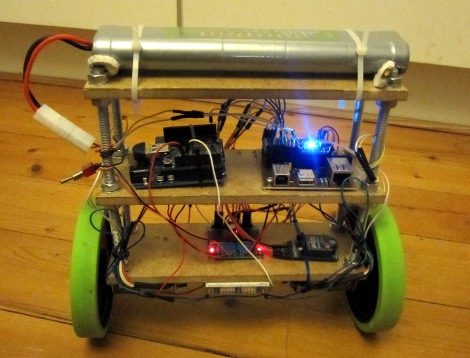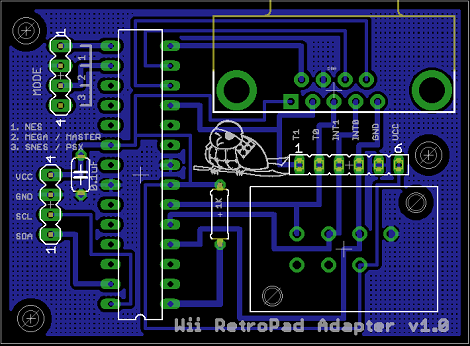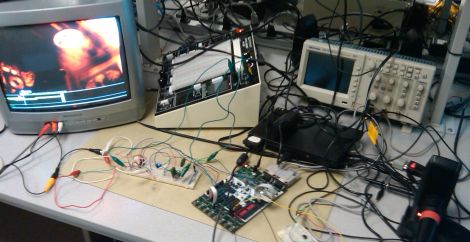The controllers from the last generation of consoles served their purpose well. They were there for us when we wanted to experiment with an I2C bus, and they stood by when we wanted to build a quadcopter out of parts just lying around. A new generation of consoles is now upon us, and with them come new controllers. Controllers for which Arduino libraries haven’t been written yet. The horror.
Until those libraries are developed, there’s ChronusMAX, a USB dongle that allows you to use XBox One controllers on a PS4, PS4 controllers on the XBox, mice and keyboards on both systems, and both types of controllers on your PC.
The folks behind ChronusMAX put up a video demoing the XBox One controller working on the 360, PS3, and PC, with another video showing the same for the PS4 controller. As far as what we can see from the PC demos, everything on these controllers can be read, right down to the accelerometer data on the DualShock 4.
Although this is a commercial product, we’re surprised we haven’t seen a more open version by now. From the looks of it, it’s a very small device with two USB ports and a firmware upload utility. Microcontrollers with two native USB ports are usually encased in large packages, so there might be some very clever engineering in this device. Let us know when someone does a teardown of one of these.
Thanks [Josh] for sending this one in.

















